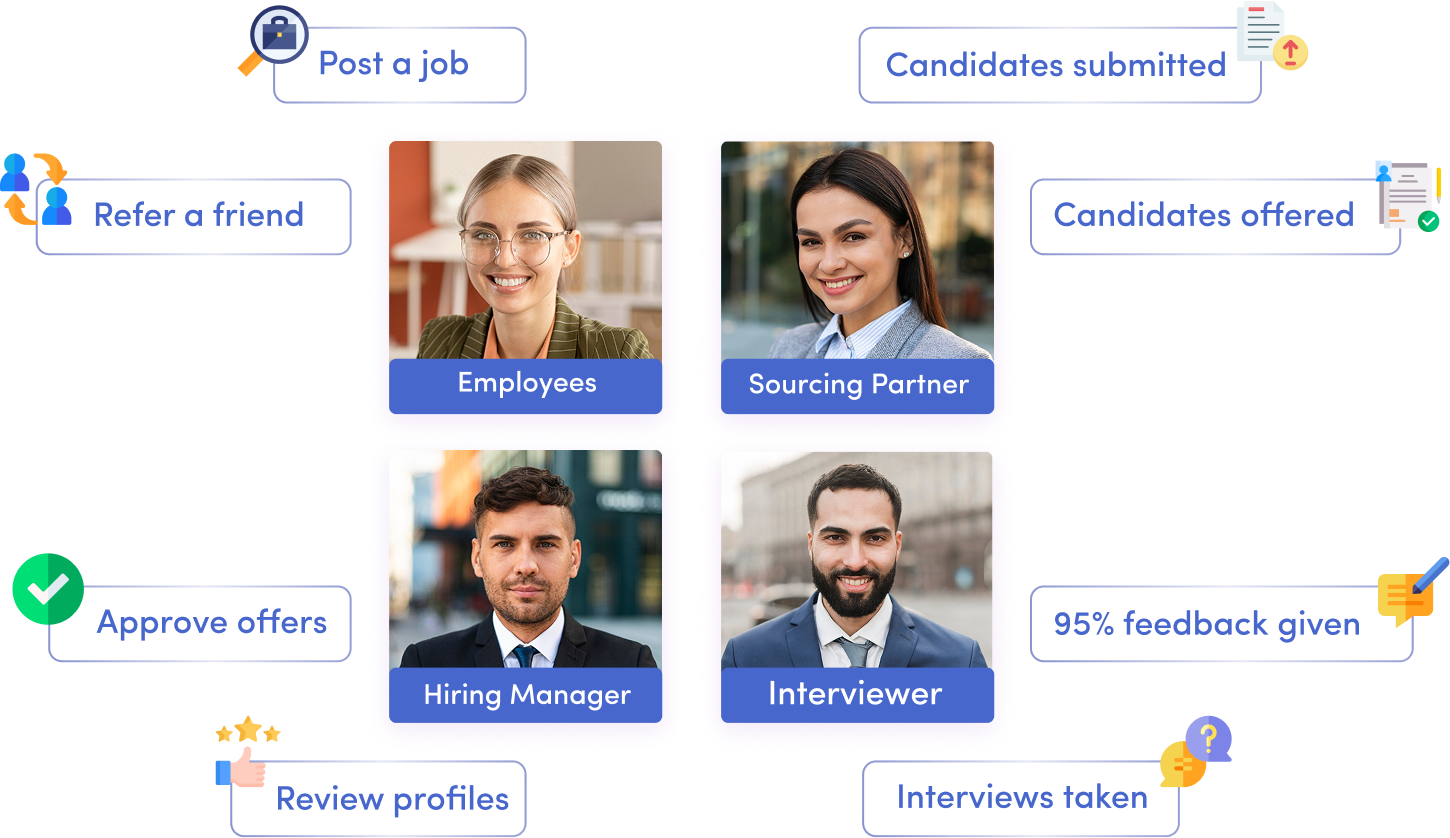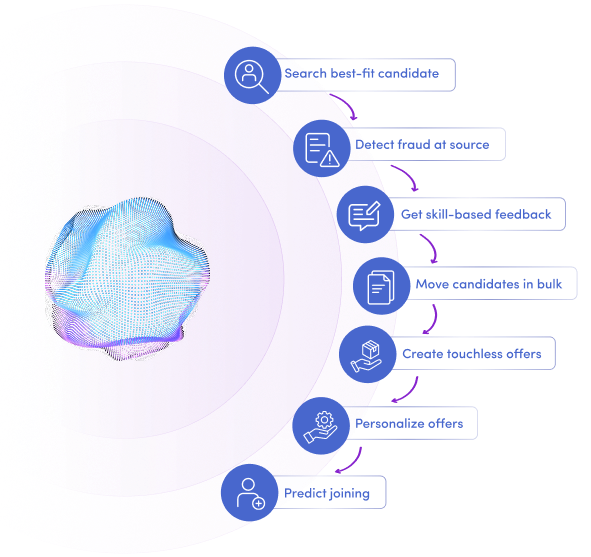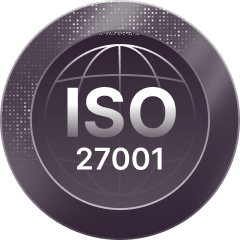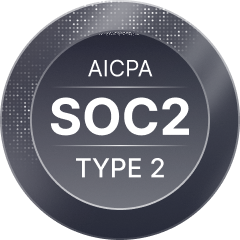Unlock groundbreaking insights into people, culture, and talent acquisition.
 Download our Exclusive Ebook
Download our Exclusive Ebook
Advanced thinking in talent science and culture Case studies and results from industry pioneers
-
The Psychology of Talent
Exploring what drives motivation, ambition, and growth within organizations
-
Cultural Alignment
Uncovering the role of shared values in building strong, cohesive teams.
-
Behavioral Science in Hiring
Applying psychological principles to enhance talent decisions.
-
Diversity & Inclusion Dynamics
Understanding how inclusive cultures drive innovation and belonging
-
Predictive Talent Models
Abstract frameworks for forecasting success and potential in recruitment.
-
Strategic Workforce Planning
Aligning talent strategies with evolving business needs
-
Data-Driven Decision Making
Aligning talent strategies with evolving business needs.
-
Lifecycle of Talent Acquisition
Conceptualizing hiring as a continuous, integrated journey.
Fill open positions quicker by aligning people & processes at every step.

Global enterprises that hire heavily all year round choose RippleHire.






























Take away the frustration of dealing with unavailable interviewers…
…unpredictable candidates, uninformed vendors, and unknown statuses - at scale!
Get all hands on the hiring deck
Help every hiring manager and interviewer do what’s needed, when needed, with minimal effort.
Win candidate attention and affinity
Make your jobs effortless to apply for, offers heartwarming to accept, and onboarding a breeze.
Prevent costly blunders in hiring
Adhere to country-specific hiring compliances on auto-pilot. And detect fraud at the point of origin.
"RippleHire delivers powerful features with an intuitive experience, digitizing every stage of our hiring funnel. It has enabled us to make data-driven decisions and manage the candidate journey seamlessly."
Candidate Experience
"RippleHire transformed our recruitment ecosystem with automation and analytics. It helped us cut costs, reduce time, and build a sustainable high-performance talent pipeline."
Candidate Experience
"Our 8+ year partnership with RippleHire has enabled excellence in talent acquisition across 30+ countries. It has consistently supported our growth, quarter after quarter."
Candidate Experience
"RippleHire fundamentally innovated our end-to-end hiring with its High-Performance ATS during our global HR transformation. It reduced time-to-fill, improved joining ratios, and powers our AI-based global hiring today."
Candidate Experience
"Atmos by RippleHire has been central to driving digital transformation in our recruitment. It delivered a candidate experience score of 4.8/5 and set a new benchmark for stakeholder experience."
Candidate Experience
"RippleHire delivers powerful features with an intuitive user experience, digitizing every stage of our hiring funnel. This has enabled us to manage the entire candidate journey seamlessly and make data-driven decisions to meet dynamic business needs."
Candidate Experience
"At STL, talent drives innovation, and RippleHire’s ATS has been a game-changer. By streamlining processes and providing data-driven insights, it has strengthened our ability to attract, retain, and build high-performing teams."
Candidate Experience
"By resetting our recruitment system with RippleHire, we delivered a consistent, engaging candidate experience at scale. This helped us attract top talent and ensure long-term retention"
Candidate Experience
"At Tredence, we needed agility, automation, and candidate-centric hiring to match our growth. RippleHire’s AI-driven solutions streamlined recruitment, improved engagement, and empowered us to build a stronger workforce for the future."
Candidate Experience
Get all the tools and all the people in one place to
optimize your hiring
funnel from demand to appoint.
Help hiring managers create skill-specific jobs in any language, using AI.
Make every search, screen, and interview skill-aware by default with built-in AI.
Route every opening to the right team using rules and AI, no manual mapping
Control the quality of profiles sourcing partners send. And track attribution.
Auto-publish new jobs to career site, LinkedIn and other platforms.
Build an internal sourcing engine with gamified employee referrals, and reduce vendor dependency.
Receive more applications with mobile-friendly, loginless forms.
Deduplicate incoming profiles and leverage AI to build a clean, trusted database.
Search candidates by skill, industry or other factors using AI.
Set up interviews without hopping calendars or chasing people.
Track availability, show rates, and feedback TATs across panelists.
Run hiring events like a breeze by matching waiting candidates with available interviewers in real-time.
Release same-day offers with automated validation and approvals.
Increase offer acceptance by making selected candidates feel special.
Get early drop-off warning and identify likeliness to join.
Prevent candidate fatigue with progressive onboarding.
Instantly loop in relevant agencies to verify candidate documents.
Auto-send appointment letters and trigger asset allocations.
Know what’s working, what’s not, and where things get stuck.
Detect anomalies in resumes and impostors in interviews using AI.
Follow multi-country hiring compliances on autopilot and maintain audit trail for every activity.
RippleHire integrates with your HR, sourcing, communication, assessment, and reporting tech stack


%201.png)














%201.png)














%201.png)












Combine behavioural science, AI agents, and a no-code
architecture…
…to build hiring engines that help you hire quality talent faster, and at scale.
Drive adoption and accountability with gamified user journeys
Make to-dos easy to spot and rewarding to finish. Provide contextual cues for every actor and task. And keep everyone in the know.



Search best-fit candidate

Detect fraud at source

Get skill-based feedback

Move candidates in bulk

Create touchless offers

Personalize offers

Predict joining
Cut the grunt work and get a competitive edge with continuous AI layer
Use AI to surface the right candidates, fetch skill-specific interview feedback, personalize offers, detect drop-offs and prevent fraud.

Mirror your org structure, processes, and policies with no-code configs
Map your business entities, workflows and interview rounds. And set up your forms, compliances, and reports however you prefer.
Ensure global hiring compliances.
And enterprise-grade security and support.

Global
Hiring compliant

ISO 27001
Certified

GDPR
Compliant

SOC 2 Type 2
Certified

Privacy by Design
Framework



